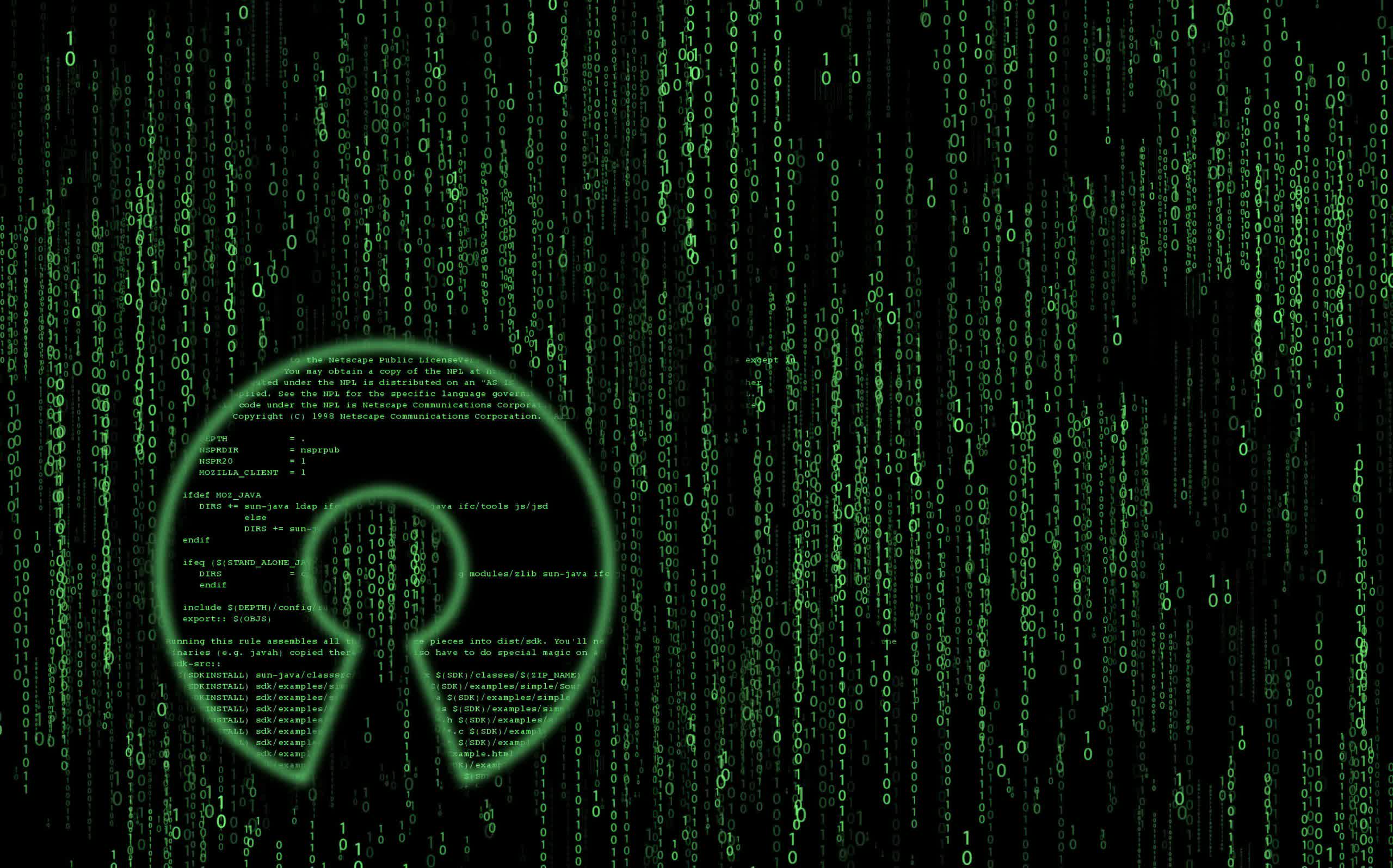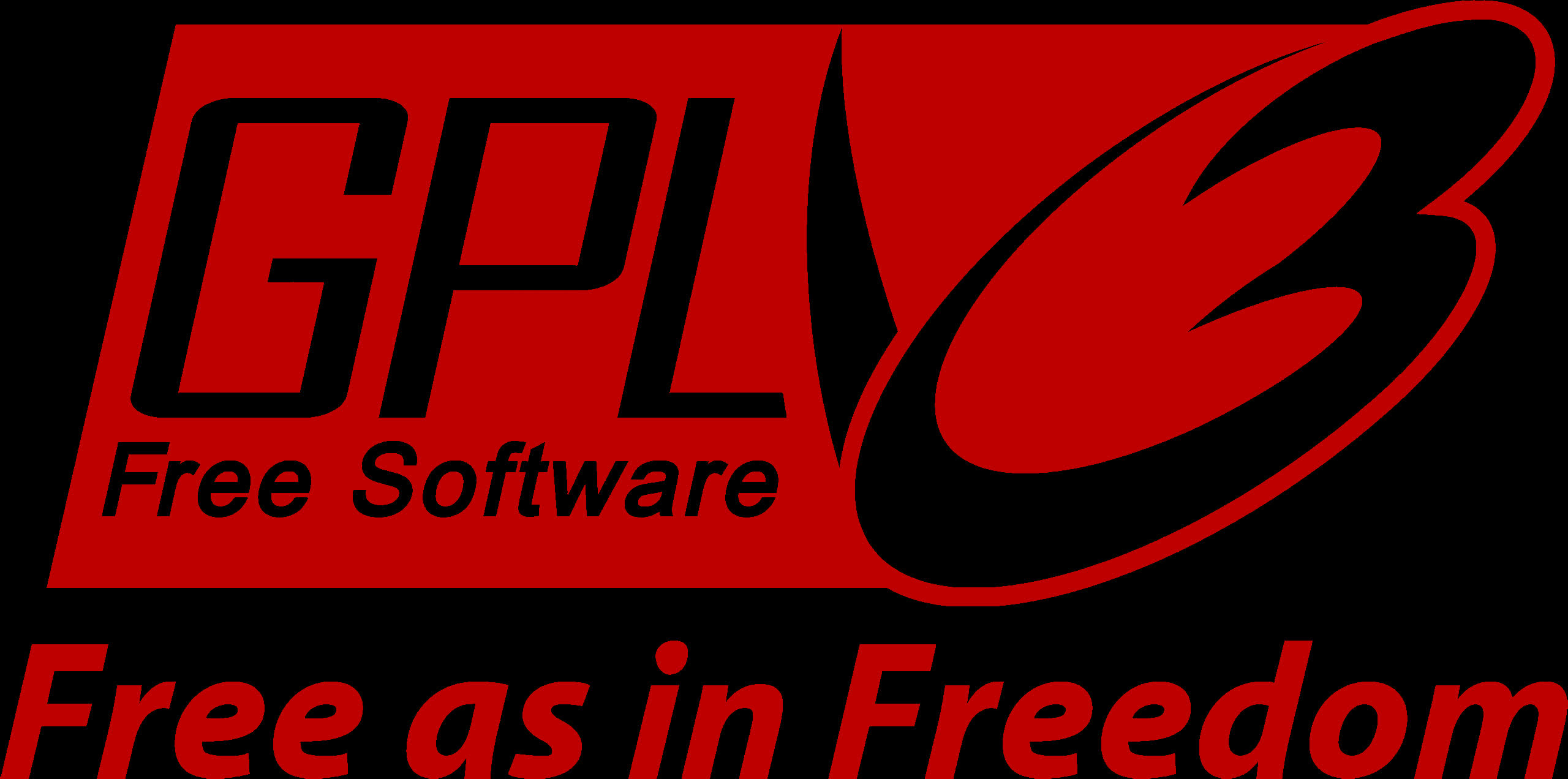Something to look forward to: One of the founders of the Open Source Initiative is unhappy with the movement's current state of affairs. What is the first action he would take in a Post-Open Source world? Get rid of the General Public License (GPL).

In a post-open-source world, Bruce Perens, one of the co-founders of the Open Source movement, envisions a simple compliance process that companies must go through every year in exchange for all the rights necessary to use open-source software. These companies would fund developers writing software for ordinary people as opposed to highly technical programs. He's described this world in various papers and recently outlined his thoughts to The Register.
Perens is particularly interested in what comes after the 30-year-old movement. He believes it desperately needs reform, starting with the GPL, which is riddled with loopholes that companies exploit. That model no longer works in the current environment. Perens believes "enforceable contract terms," rather than licensing, would be more effective.
He notes that one-third of all paid-for Linux systems are sold with a GPL circumvention. He's particularly frustrated with Red Hat Enterprise Linux (RHEL), which stopped making its source code available in June via to a GPL loophole.
Under IBM ownership, RHEL has become proprietary and stopped distributing the free Red Hat fork CentOS. Furthermore, IBM forbids Red Hat customers from sharing source code for Red Hat security patches. It also does not allow employees to provide the patches to the upstream open-source project as required by the GPL license.

"So I feel that IBM has gotten everything it wants from the open source developer community now, and we've received something of a middle finger from them," Perens said.
Another problem with open source is that it has failed to serve everyday people. If it's used at all, it is through a software company's infrastructure, while the apps are proprietary code. Perens points to iOS and Android as examples. This dynamic has created a scenario that is the complete antithesis of open source and what it used to stand for. Perens says it has gotten to the point where the average user doesn't know about the freedoms the Open Source Initiative promotes.
"Indeed, open source is used today to surveil and even oppress them," he told The Register.
His vision of post-open source – free for individuals and non-profits with just one license – would remedy many of these issues. Chief among these is that post-open terms would define the financial relationship between developers and the companies that use their products.
Currently, open-source developers tend to write code for themselves and others in the community. If companies were to pay them, they would have the necessary support and motivation to make more user-friendly applications.
"And all of this has to be transparent and adjustable enough that it doesn't fork 100 different ways," he said. "So, you know, that's one of my big questions. Can this really happen?"
https://www.techspot.com/news/101366-open-source-initiative-co-founder-imagines-post-open.html
